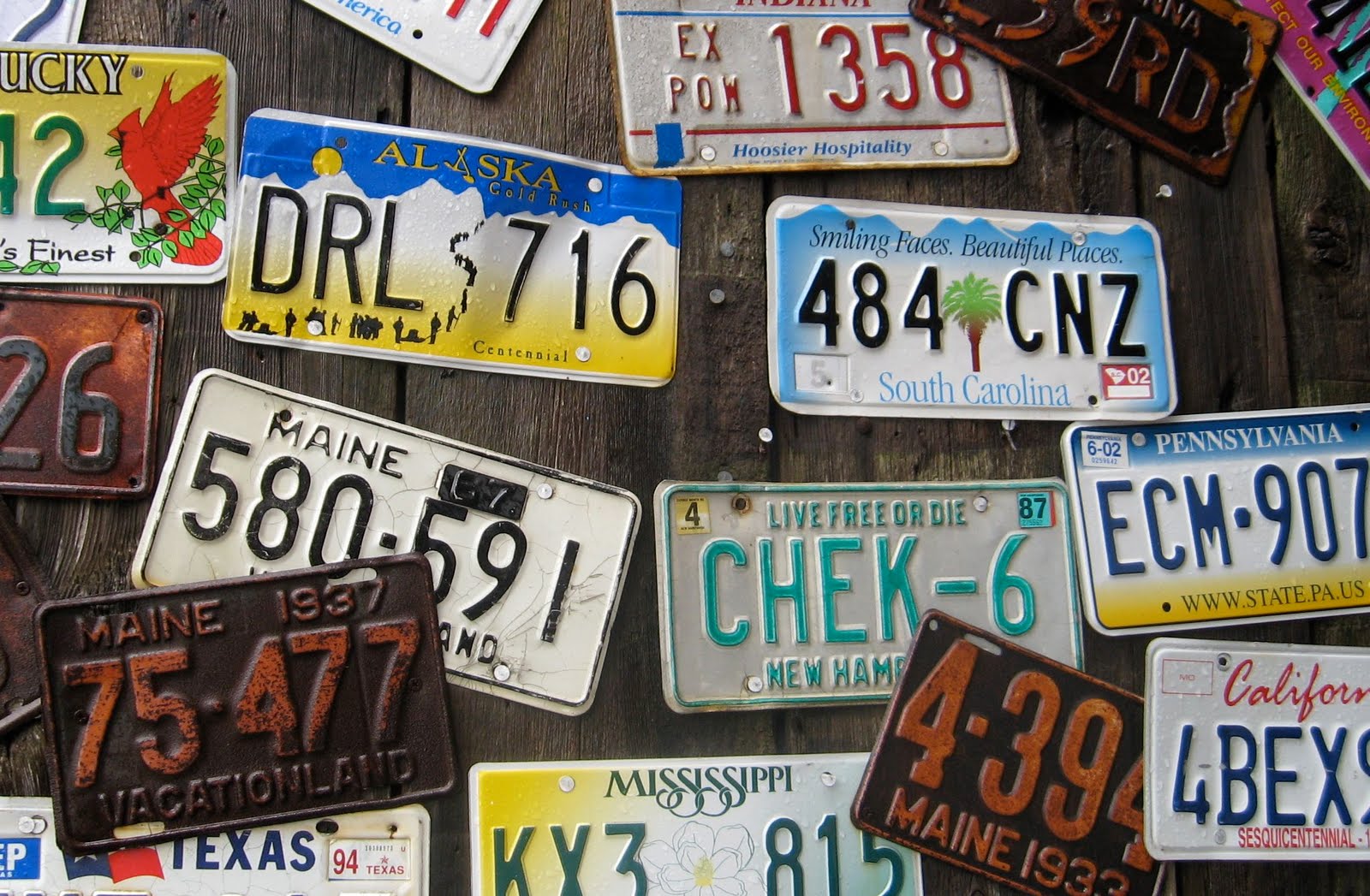
On the roof of the D Acres Organic Farm and Educational Homestead, we contemplate the northward direction of the night sky. At the table there are two apprentices in traditional arts (a potter and a blacksmith), an intern, a semi-permanent resident, and the defacto leader of the community, Josh. A brief debate ensues as to why the north star always points north, the resident potter presenting his understanding. He is bright-eyed and animated in his explanation, a 20ish boy filled to the brim with the optimism of a whole lifetime of exploration ahead. He turns to Josh for confirmation that his explanation is sound, but Josh shrugs it off a bit, choosing not to provide a more scientific rationale.

As we are all gazing at the Big Dipper, a star shoots across the sky and lands in its cup. We all see it at the exact same moment.
Meanwhile, not so far away, an asteroid the size of the earth plummets into Jupiter, and here we are on D Acres, Planet Earth concerned about composting for good soil, independence from fossil fuels, and self-reliant food production. Around the farm, one finds solar panels that provide 20-30% of the farm's electricity, pigs that provide meat as well as fertilize and remove trunks from future garden beds, herbaceous under layers below raspberry bushes and nut trees, bee and bird houses, fruit dehydrators, solar showers, and compost toilets.


As Bethann Weickoff wrote for Small Farmers Journal in Spring 2009, "We are choosing to work the land with a minimum of mechanization. A common theme across the diversity of projects underway is that of shrinking the human impact on the environment."
The farm is no till, no tractors. Even the oxen team on the farm is used for forestry work and not plowing. "Sustainability, in this sense, means being able to produce our own food with our own energy," Weickoff writes.
Self-reliance in terms of energy seems to be paramount here at D Acres. Over dinner, we talked about the promise of the wind turbines in Maine, but Josh was quick to point out that the energy infrastructure is aging, up to 80% of our energy escaping from deteriorating power lines. One community member argued that local solutions are the only solution because the overall infrastructure is on the verge of collapse.
D Acres is not alone in its concerns. Communities, thinkers, and writers around the globe predict a bleak future. Ben McGrath discussed the Dystopians in the New Yorker back in January, 2009. With the economy in shambles, these movements are gaining momentum and credibility. Orlov, a writer, blogger, and collapsitarian, divides these communities into three categories: "back-to-the-land types", united in their opposition to industrial agriculture; "peak-oilers" who worry about the shock effects on energy markets of reaching the maximum global crude-extraction rate; and all-around Cassandras, or "people who sometimes derisively called doomers."
It seems the eco communities around the U.S. (and I) are a touch of all three, doing their best to make a difference, but unsure whether a difference can be made. Then one night, enjoying the company of artists and bohemian farm workers who spend their days chopping wood, shoveling compost, feeding pigs, and making meals, you learn that the solar system may be in the middle of a giant asteroid belt...and peak oil seems like a trivial stain on a polka dotted dress.


And did everyone find a solution to the North Star conundrum? Becca and I went to the planetarium on Friday night and, though the North Star was featured, an answer to the question, "Why" was never provided. My hunch is that the North Star is big enough and close enough to remain a constant and--the earth being tilted in its axis--despite the rotation around the sun and spinning of the earth-- the North Star always remains directly North while the starts and planets rise and set like our own biggest star, the sun.
ReplyDeleteAm I close, Professor?